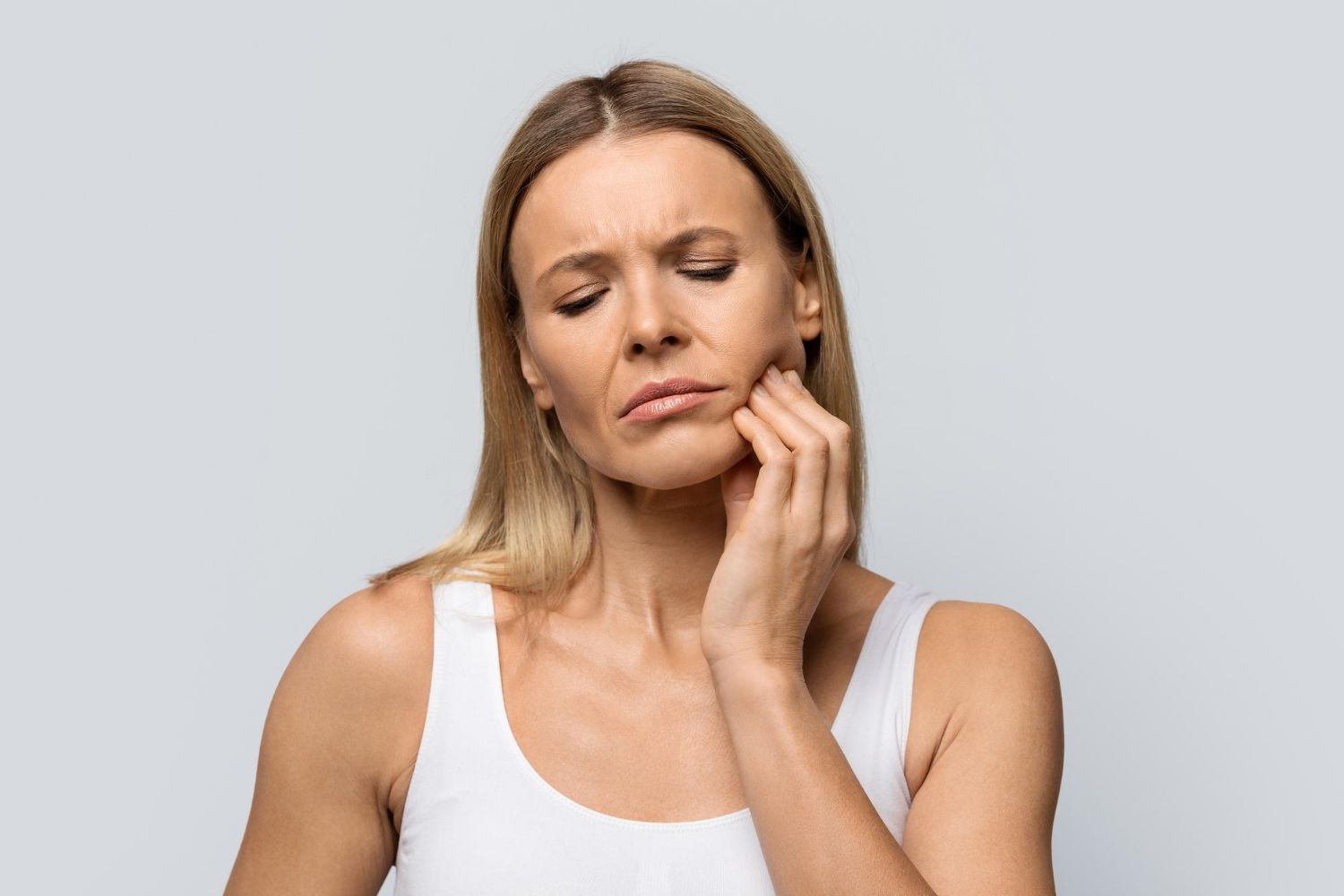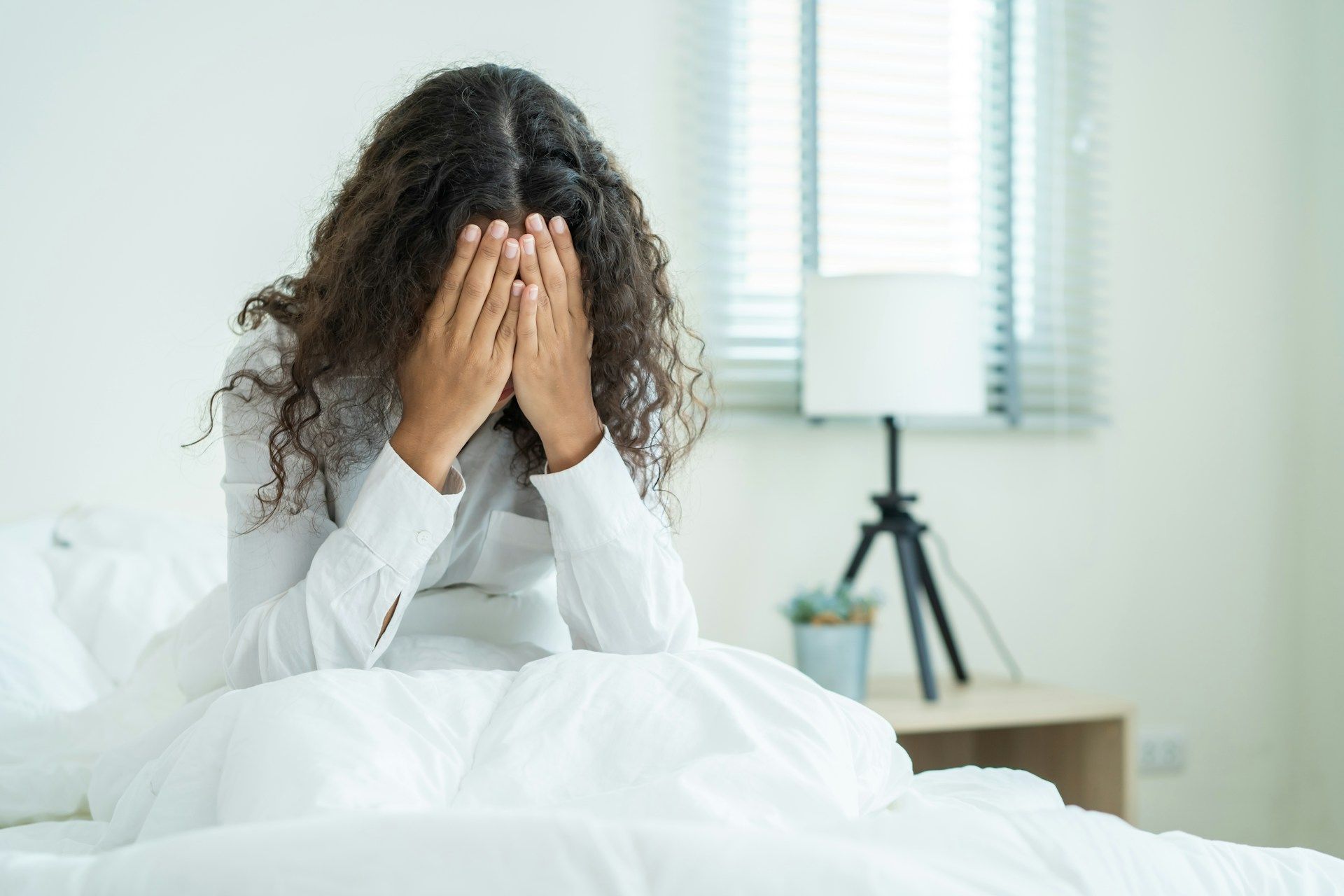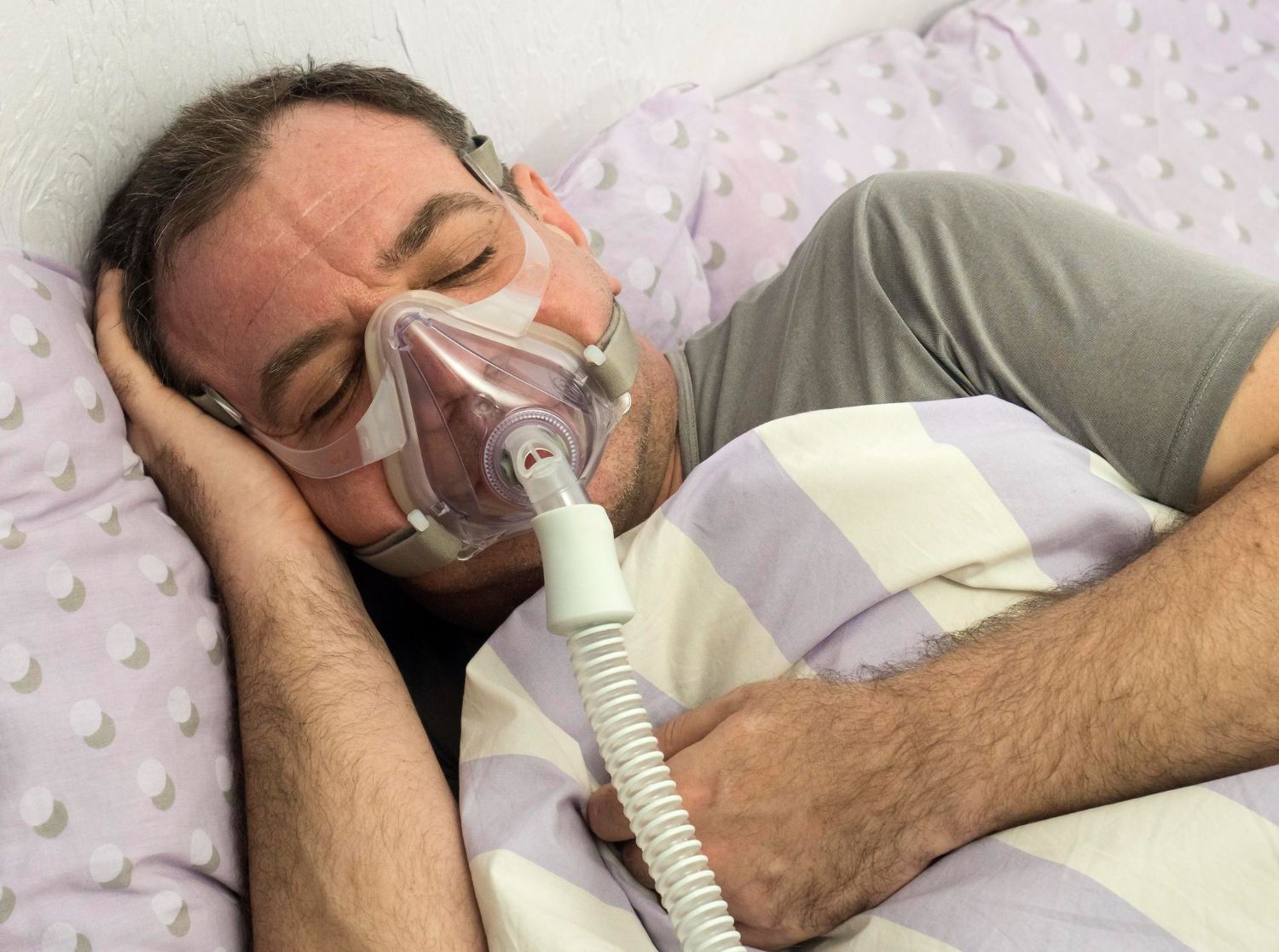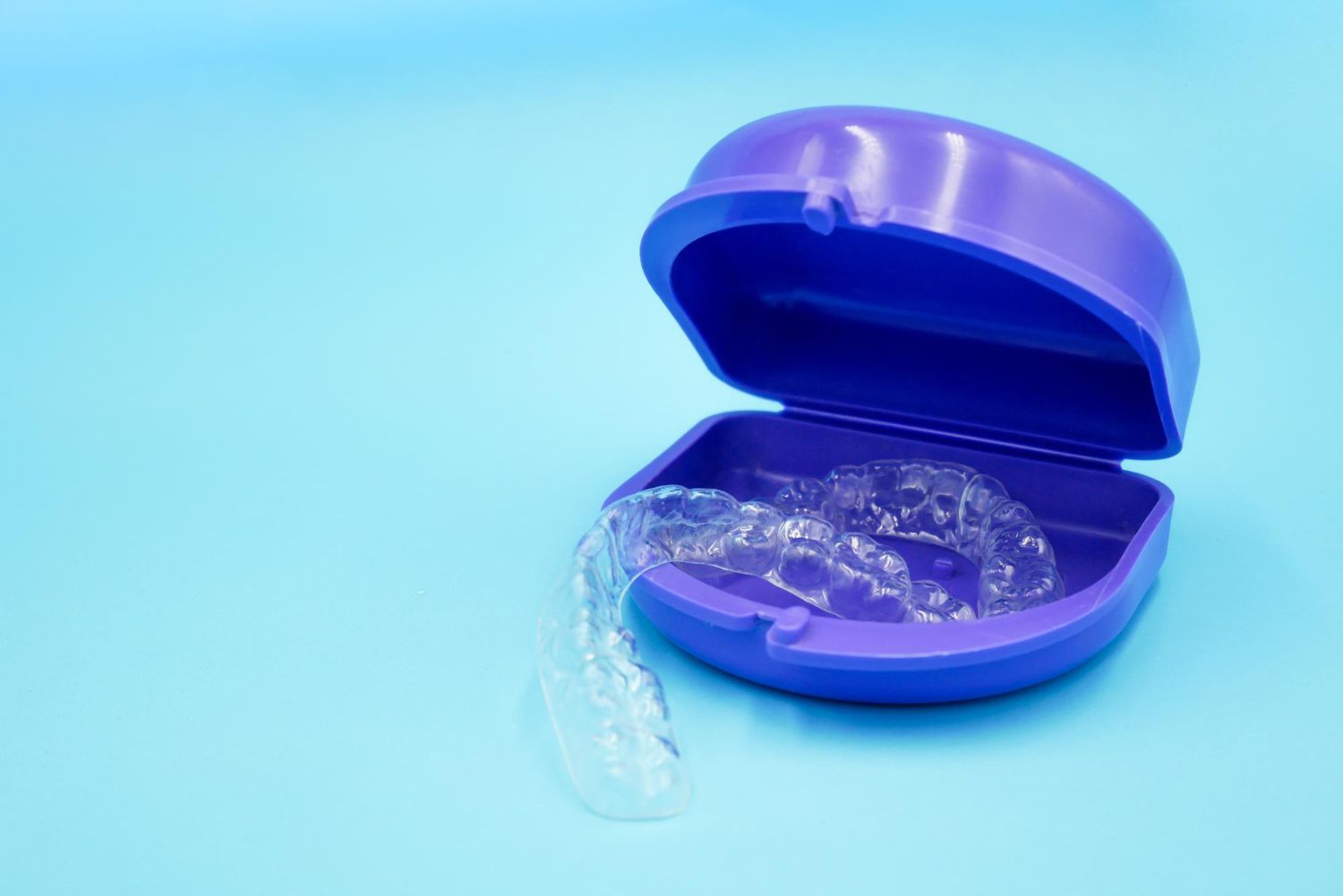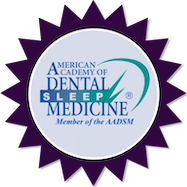10 Warning Signs of Sleep Apnea and When to Consult a Dental Sleep Specialist
Sleep apnea is a serious yet common sleep disorder that affects millions of people across the United States. Ignoring the warning signs can lead to severe health complications and negatively impact a person's quality of life. Unfortunately, many individuals are unaware that they have sleep apnea, mainly because the symptoms often occur during sleep. That's why it's crucial to recognize the warning signs and consult a dental sleep specialist when necessary.
In this article, we will discuss the top 10 warning signs of sleep apnea and provide guidance on when you should consult a dental sleep apnea specialist like the professionals at Fuller Sleep & TMJ Solutions. By paying attention to these indicators, you can take proactive steps toward obtaining an accurate diagnosis, addressing your sleep concerns, and improving your overall health and well-being. Stay informed and take control of your sleep health by understanding and recognizing these critical sleep apnea warning signs.
1. Loud and Persistent Snoring
While not all snorers have sleep apnea, loud and persistent snoring is one of the most common signs of this sleep disorder. The snoring is often interrupted by pauses or gasps for air, resulting from brief cessations of breathing due to the collapse of the upper airway. People with sleep apnea may also make choking or snorting sounds during sleep. It's important to note that snoring alone isn't a surefire indicator of sleep apnea, so it's essential to pay attention to other warning signs as well.
2. Excessive Daytime Sleepiness
Individuals with sleep apnea may struggle with excessive daytime sleepiness, also known as hypersomnia. Since their sleep is constantly interrupted throughout the night, they're unable to enjoy sufficient restorative sleep, leading to feelings of fatigue and exhaustion. This is a critical warning sign to watch for, as excessive sleepiness can impair cognitive function, hinder daily activities, and even increase the risk of accidents.
3. Restless Sleep and Insomnia
People with sleep apnea may experience restless sleep as a result of continuous disruptions to their breathing patterns. Moreover, these breathing disturbances can cause them to wake up multiple times throughout the night, leading to insomnia. In addition to the physical discomfort, disrupted sleep can also contribute to mood disturbances and impaired cognitive functioning.
4. Morning Headaches
Morning headaches are a common symptom of sleep apnea, primarily due to low oxygen levels and high carbon dioxide levels in the body when breathing is repeatedly interrupted during sleep. When the brain doesn't receive adequate oxygen, it can result in a morning headache and an overall feeling of grogginess. However, it's crucial to consider other potential causes of morning headaches, as sleep apnea isn't the sole trigger.
5. Waking Up with a Dry Mouth or Sore Throat
Sleep apnea can lead to mouth breathing, primarily because it's difficult to breathe through the nose while struggling with airway obstruction. As a result, individuals with sleep apnea often wake up with a dry mouth or sore throat due to the continuous breathing through the mouth during sleep. Dry mouth and sore throat can sometimes lead to bad breath, oral hygiene issues, and discomfort.
6. Frequent Nocturnal Urination
Nocturia, or the need to frequently urinate during the night, is another potential warning sign of sleep apnea. Increases in the production of urine during sleep caused by a hormone called atrial natriuretic peptide may increase the urge to urinate. Additionally, nighttime awakenings due to sleep apnea can also lead to increased awareness of the need to urinate.
7. Difficulty Concentrating and Memory Issues
Sleep apnea can have a significant impact on cognitive function, including memory and concentration. The constant interruptions in sleep prevent the brain from undergoing essential restorative processes, impairing the ability to focus, think clearly, and remember information. This can lead to decreased productivity, difficulties at work or school, and overall impeded cognitive performance.
8. Night Sweats
Individuals with sleep apnea might also experience night sweats due to the body's increased effort to maintain an open airway, which raises body temperature and results in excessive perspiration. Moreover, low blood oxygen levels can cause stress-induced hormonal changes, triggering the release of the stress hormone cortisol, which contributes to night sweats.
9. Mood Changes
Mood disturbances, such as irritability, anxiety, and depression, are common among people with sleep apnea. The constant interruption of sleep can lead to an imbalance in neurotransmitters, which affects mood regulation. Lack of quality sleep can also result in emotional dysregulation, strained relationships, and general feelings of discontentment.
10. High Blood Pressure
Sleep apnea and high blood pressure, also known as hypertension, have a complex relationship. Brief cessations of breathing during sleep can cause blood oxygen levels to drop, triggering the release of stress hormones and an increase in blood pressure. Untreated sleep apnea can lead to chronic hypertension, increasing the risk of heart-related complications.
Don't Ignore the Signs: Take Action Today
Untreated sleep apnea can have a significant impact on an individual's overall health and well-being. If you're experiencing any of the warning signs mentioned above, it's crucial to address these concerns with a professional.
As a reliable
dental sleep apnea clinic in Greensboro, our caring team of dental sleep specialists at Fuller Sleep & TMJ Solutions, is here to help diagnose and treat sleep apnea effectively. Don't let sleep apnea hold you back from enjoying the restorative sleep you need and deserve. Take the first step toward reclaiming your sleep health. Contact us today, and start your journey towards better sleep and improved quality of life!


